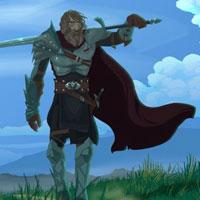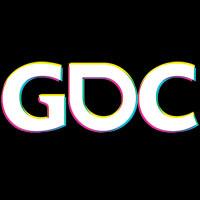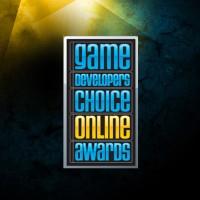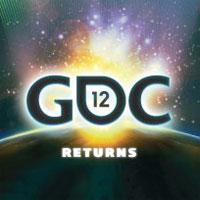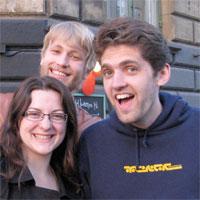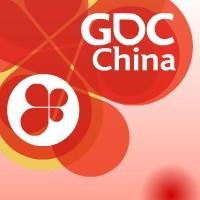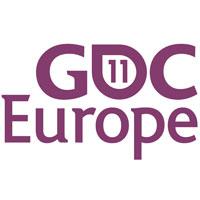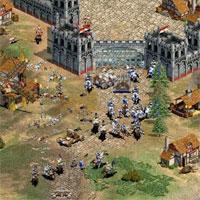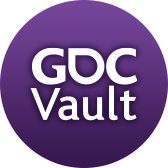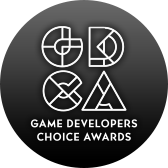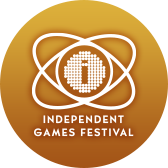
GDC Europe 2011 Reveals Crytek Keynote, Ninja Theory, Boyer Talks
This month's GDC Europe has debuted a new track keynote from Crytek's Cevat Yerli, as well as talks from Ninja Theory on performance capture, plus the IGF's Brandon Boyer on how indies will drive the future.
Taking place Monday through Wednesday, August 15-17, 2011 at the Cologne Congress-Centrum Ost, Germany, alongside the major gamescom trade show, GDC Europe will again provide the essential pan-European perspective of game development and business trends.
The new highlights from the Main Conference, which features tracks on Business & Marketing, Game Design, Production, Programming and Visual Arts, include the following:
- Crytek president and CEO Cevat Yerli will give a track keynote in the conference's Game Design track titled, "An Old Horse Learning New Tricks - From AAA Retail to AAA Online." Here, Yerli will examine Crytek's history as a traditional, retail game developer and its experience transitioning to the online space with its upcoming shooter Warface.
Looking back at the company's previous retail offerings such as FarCry and Crysis, Yerli's keynote will also outline the biggest challenges Crytek faced when adapting to online game development, noting the "insurmountable differences" that forced the studio to learn new approaches to game production.
- Also in the Game Design track, UK-based Ninja Theory co-founder Tameem Antoniades will offer a in-depth look at cut scene production in, "Performance Capture: A Creative Primer." This talk will detail how Ninja Theory cooperated with movie studios such as Weta Digital (Lord of the Rings), actor Andy Serkis, and numerous other movie professionals to create believable, high-fidelity scenes in titles such as Enslaved and Capcom's DmC: Devil May Cry.
